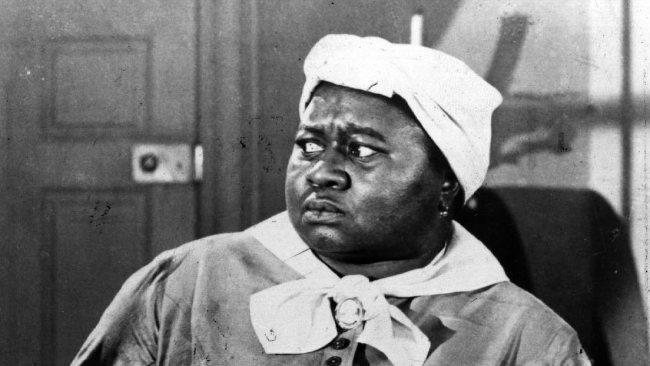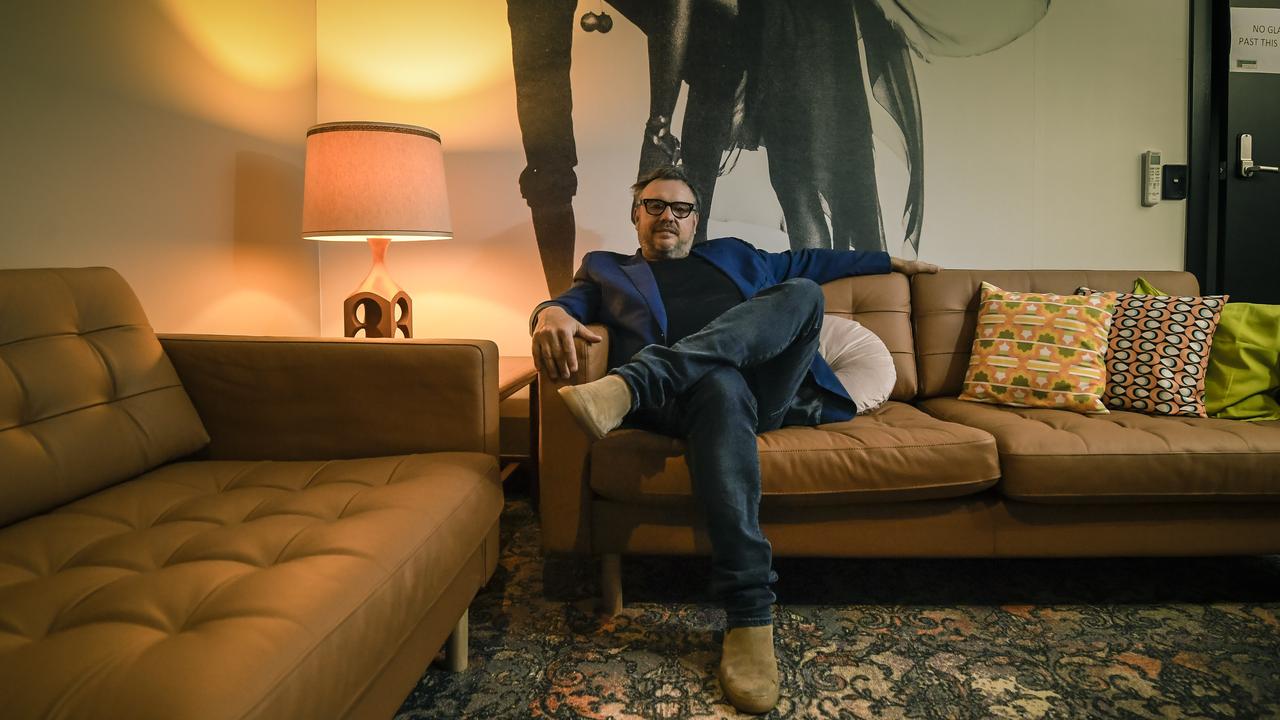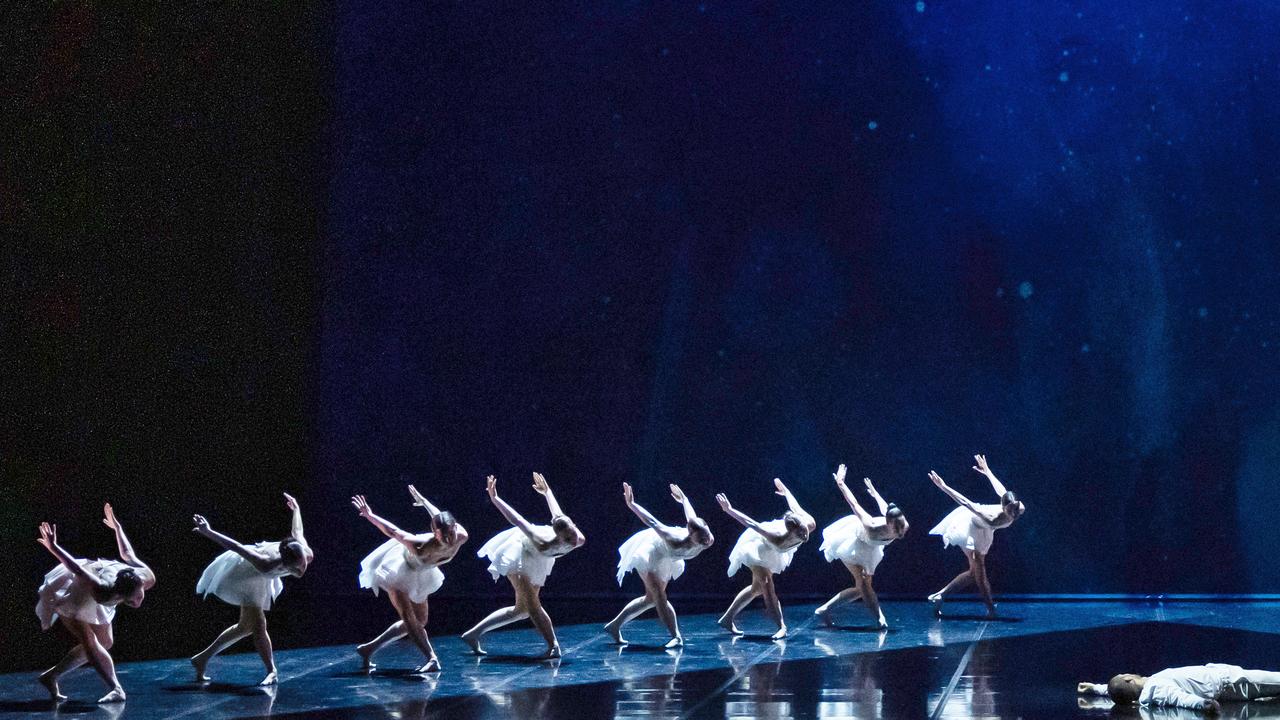Hollywood blindfolds itself to black stories
BARACK Obama recently held a private screening of WWII movie Red Tails in the White House. But it was almost never made.

PRESIDENT Barack Obama recently held a private screening of the World War II fighter-pilot movie Red Tails in the White House. The first family invited George Lucas, the film's producer, its director and the cast to celebrate. "Epic!" said the President afterwards.
But Red Tails was almost never made. Lucas says that he was refused finance by most of the main film companies - because his cast was black. While the rest of the US tries to be colour blind in the 21st century, Hollywood only cares about the colour of money and remains fatuously convinced that there is no profit in black movies.
Red Tails opens across the US this week and tells the story of the Tuskegee airmen, the segregated African-American fighter squadron. The trailer shows virtuoso aerial battles and the magnificent men in their flying machines include Ne-Yo, the rapper turned actor, Cuba Gooding Jr and the British star David Oyelowo.
But if Lucas had not put up $58 million ($56m) of his own money, a thrilling action film would have been lost. As Lucas said recently of Hollywood on The Daily Show with Jon Stewart: "They don't believe there's any foreign market for it and that's 60 per cent of their profit . . . I showed it to all of them and they said, 'No, we don't know how to market a movie like this.' "
As box office falls and the recession bites, Hollywood is increasingly conservative: The Hangover III, yes, Red Tails, no. As Lucas explained: "Normally black movies, say Tyler Perry movies or something, they're very low-budget. Even they won't really release one of his movies, it goes to one of the lower distributors." (Twentieth Century Fox is now distributing Red Tails.)
Lucas is not alone. Spike Lee, with two Oscar nominations, cannot find a distributor for Red Hook Summer, a film about the gentrification of Brooklyn and "a follow-up of sorts to Do the Right Thing".
Lee is taking his movie to the Sundance Film Festival this month. "I couldn't wait on Hollywood any more," he told The New York Times.
At least the embarrassingly white Oscar line-up will be relieved by appearances from The Help, about black maids and their white employers in Mississippi during the civil rights era. It has garnered best actress nominations for Viola Davis and a Golden Globe for Octavia Spencer. Yet the African-American community is less than enthused by another award for a black servant's role. How much has really changed since Hattie McDaniel won a best supporting actress Oscar for Mammy in Gone with the Wind?
Lee Daniels had some success with a mostly black cast in Precious, about an abused African-American teenager. The 2009 film won best supporting actress for Mo'Nique, but the 2010 Oscar slate looked anaemic once again. The low-budget British film industry seems to have more room for mixed- race casts. Andrea Arnold recently cast a black Heathcliff in Wuthering Heights, and Attack the Block brought a teenage John Boyega into the limelight.
Black British director Steve McQueen, who made Shame starring Michael Fassbender, said recently Americans had advised him against casting Nicole Beharie, a black woman, as Fassbender's date.
"They made objections: that wouldn't happen. That wouldn't exist." McQueen's response was: "So I don't exist?"
He is astounded some American filmmakers never cast a black person in a lead role. "How can you live there and avoid that? It's like wearing a blindfold." Not so for him. His next film, Twelve Years a Slave, has - yes - a black cast.


